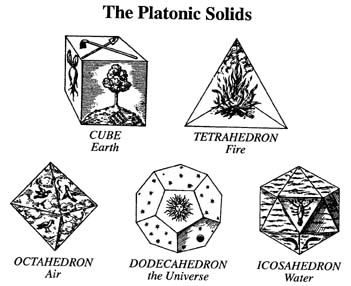
De Beauvoir discusses authenticity as an ambiguous existence requiring the willing of herself “to be a disclosure of being” in order to become authentic, asserting her freedom. However, “If value is totally contingent upon freedom, then such talk ofĮthical ‘right’ and ‘wrong’ becomes inappropriate since it implies an ethical objectivity totally lacking in Sartre’s theory.” 2 Sartre’s authenticity seems more of a contradiction of reasoning than an existential virtue. An agent acts with regard to the realization of her freedom she is aware of her limitations, the ambiguity of her freedom. Sartre asserts his version of authenticity as a moral imperative based in natural freedom. Many of the existentialist arguments bear a striking resemblance to the views on authenticity introduced in the Platonic dialogues yet none is as comprehensive, successful or enduring. Plato’s dialogues as a body of work represent an exhaustive argument for the necessity of authenticity in fact it is the most paramount pursuit fundamental to rational beings. This is, I think, the unique contribution of existentialism to ethical theory.” 1 Plato’s discussions of various themes in his dialogues, including those that Greene asserts are of no concern to the existentialist, are embedded in a complex structure that is itself a dynamic and recurring demonstration of authenticity. Marjorie Greene describes authenticity as an exclusively existential virtue: “What the existentialist admires is not the happiness of a man’s life, the goodness of his disposition, or the rightness of his acts but the authenticity of his existence. My objective is to show that the ancient account includes critical elements deficient in the current definitions of authenticity. In addition, I offer parallels between popular notions of authenticity and the elements deemed critical in its definition, with accounts revealed in Plato’s dialogues representing the ideal of authenticity. I present here a conception of authenticity from a perspective supported by a contemporary reading of Plato following a brief description of some of the current existential representations of authenticity. The current discussions on authenticity extend from continental philosophy however, I argue in this paper that along with countless metaphysical and epistemological topics, the notion of authenticity has been a philosophic matter since Plato wrote his dialogues, and has yet to be presented as comprehensively or as successfully. Both designations, that of being uniquely existential and that of being an existential virtue, require inquiry. Mindi Torrey, University of South FloridaĪuthenticity is commonly identified as a uniquely existential matter and generally as an existential virtue. Zalta (ed.).Winner of the Gerritt and Edith Schipper Undergraduate Award for Outstanding Undergraduate Paper at theĥ2nd Annual Meeting of the Florida Philosophical Association


Formalist definitionįrom a formalist viewpoint, a mathematical object is a term in whatever system of formal logic we happen to be using at the moment. A further question, depending on the answer to the first, is how we can know about mathematical objects.

This notion gets involved as soon as one asks the question what mathematical objects consist of, or-more generally-what it does mean for such an object to “exist”. A mathematical object is an object studied by mathematics.


 0 kommentar(er)
0 kommentar(er)
